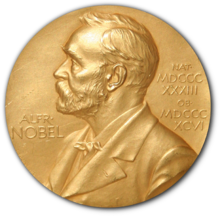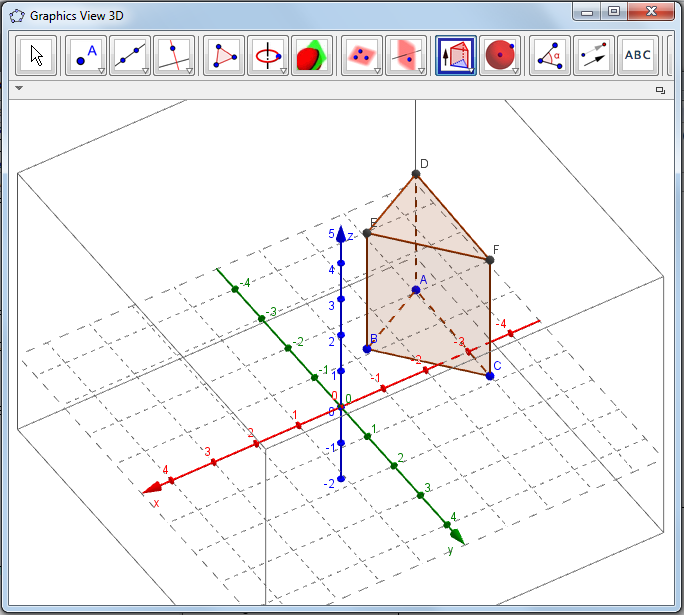Where is the Nobel Prize in Mathematics?
The Nobel Prize are prestigious awards given each year to individuals (as well as organizations) who have contributed significantly in cultural and scientific advances.
Alfred B. Nobel, the inventor of dynamite, bequeathed 31 million Swedish kronor in 1895 (about 250 million dollars in 2008) to fund the awards for achievements in Chemistry, Physics, Physiology and Medicine, Literature, and Peace. In 1901, the first set of awards were given, and in 1969, the Nobel Foundation established the Nobel Prize for Economics.
But did you ever wonder why there was no Nobel Prize of Mathematics? » Read more



